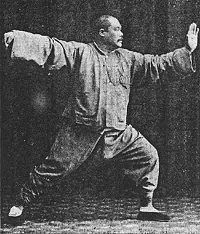We set up concrete goals for ourselves, but why do we often not reach them? Whether the goals are health, fitness, dieting, financial, personal, or career oriented, the starting intention seems to fall short of actualization. The problem isn’t in the goal itself (unless the goal is to lose 100 pounds, become a billionaire, and date a celebrity), , but how we engage in the process of trying to meet that goal.
So how do we achieve our goals?
According to Oe Holder, a health consultant and trainer to the stars, we need to approach our goals through what he calls the “hierarchy of competence,” a process that encourages us to recognize limitations while also pushing us forward in our efforts. In this way, we move from a state of incompetence to competence and experience a sense of accomplishment instead of frustration.
One of the primary difficulties we face is that the initial act of articulating a goal is accompanied by a feeling of “unconscious incompetence” where we don’t know how or where to begin. We don’t have a plan, and we need to reach out to experts, coaches, and teachers in order to help design a course of action. By drawing upon the expertise of others, we find out what we need to learn and the best sequence to learn it. In addition, we have a resource for our questions—the expert coach–and a place to get help.
Anyone who has tried to teach him or herself T’ai Chi Chuan from a book or video knows this level of frustration. You can observe a move or a sequence of moves, but don’t know how to actually do the move. And even the very best book or video is incapable of answering your questions. Instead of providing a starting point, the book or video only leads to greater frustration that emphasizes our “incompetence” instead of helping us move forward. The likelihood of abandoning learning T’ai Chi—or most other goals—is very high at this point because of the disconnect between the idea of the goal and the reality of how to achieve it.
Obtaining help from a coach or teacher moves us toward a state of conscious incompetence. At this point we have developed a course of action, learned a series of T’ai Chi moves, for example, and understand the fundamentals. We catch a glimpse of what we don’t know and can’t do, which leads to more focused questions and eliciting more detailed advice. Our questions become more precise as we gain insight into what it is we want to learn and the process of getting there. In our T’ai Chi practice, we might ask about coordinating breath with the movement or how the waist operates as we are shifting our weight in a particular movement. These questions and the subsequent answers deepen understanding and provide momentum for our development.
By faithfully working with a coach, we can reach a point of conscious competence in which we understand the subject of our study and comprehend how to continue to move toward actualizing our goal through practice and effort. Such a process eventually reaches a level of “unconscious competence” where we have internalized the lessons and have made the practice part of our daily existence. Here the goal has come into clear focus as we continue our path toward fulfillment.
While these stages apply to achieving any goal—health, financial, career, and more—they are extremely apt to learning T’ai Chi and unlocking its secrets. The competence method shares much with a traditional T’ai Chi curriculum with its so-called “Five Regulations”: Regulating Body, Regulating Breath, Regulating Mind, Regulating Chi, and Regulating Spirit. Each step leads to the next, and each level of acquired skill reveals another layer: for example, learning how to relax and root the body within the form (regulating body) is linked to learning the sequence of breath and nuances for breath technique. In this manner, mastering various stages leads to ever greater depths of understanding and practice—from understanding body, breath, and mind to tapping the depths of Chi and spirit. It is the job of the experienced teacher to guide the practitioner from one regulation to the next toward greater depth of practice, which is why it is important to carefully chose a teacher who best matches your goals.
The process of stating a set goal, seeking masterful guidance, asking questions, and refining ones understanding through application and reflection is a useful tool to reach any goal, but even more importantly, when applied to T’ai Chi, it is a path for a lifetime of success and development that yields deeper, continuous insights into the self.

